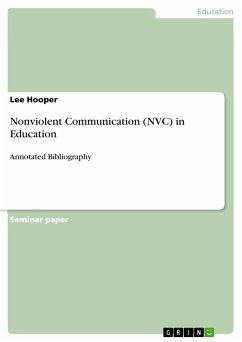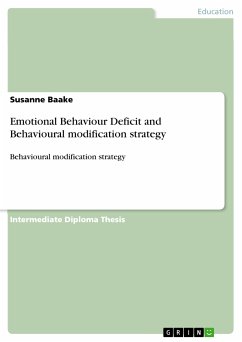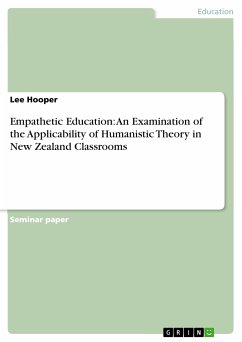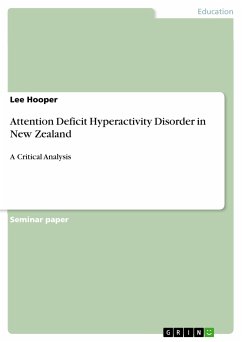Seminar paper from the year 2013 in the subject Pedagogy - Pedagogic Psychology, grade: 1,3, Massey University, New Zealand, course: Counselling, language: English, abstract: Nonviolent communication (NVC) is an approach to create empathetic and honest connection amongst people using communicative techniques. NVC was first developed by Rosenberg (2003) in the 1960s. The principles of NVC are based on humanistic concepts from theorists such as Rogers, Maslow, and Fromm. NVC theory proposes that conflicts result from habitual communicative patterns whereby violent language based on emotions such as fear, guilt and anger, are used to try and meet one’s need. Universal feelings and needs are a major key point of this theory. NVC recommends the use of a four step process to help bring clarity and awareness into communication. These steps are based on observations, feelings, needs, and requests. The first step involves differentiating between observations and evaluations, so specific behaviours and actions can be identified free of judgement. The second step is to become aware of what feelings are present. The third step is to find the underlying need behind the feeling. The last step involves requesting a concrete action that can help to meet that need. Rosenberg and Eisler (2003) argue that applying NVC principles into one’s life can help us to see what is alive in ourselves, as well as in others.









